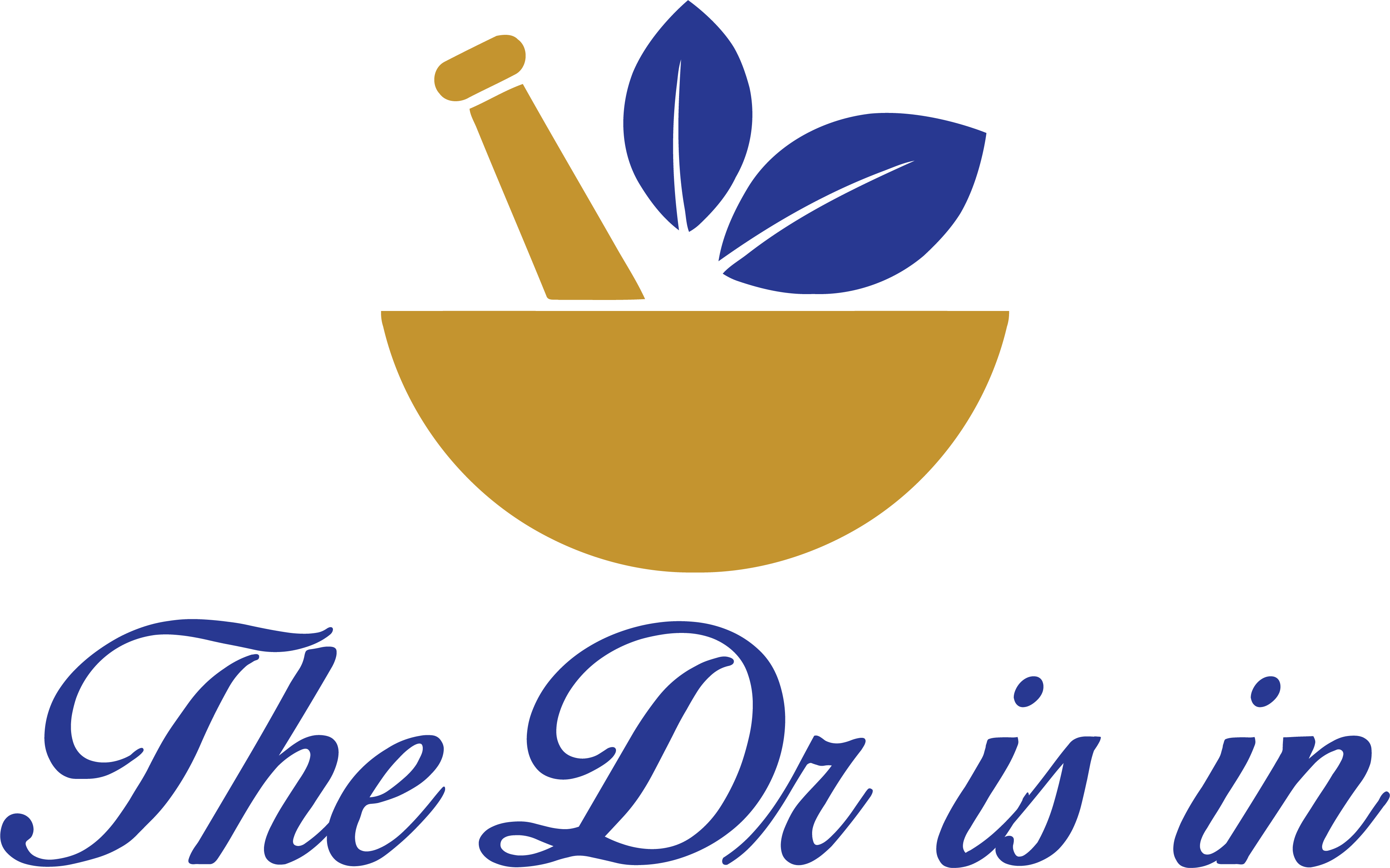The Importance of Men’s Health
When it comes to men’s health, prostate care is a cornerstone that’s too often overlooked. Prostate cancer remains the second most common cancer among men in the United States, with about 1 in 8 men facing a diagnosis in their lifetime. Early detection has dramatically improved outcomes: today, the 5-year survival rate exceeds 98% for men diagnosed early, a testament to the critical power of screening and awareness.
Why Prostate Health Matters
The prostate gland, while small, plays a vital role in male reproductive and urinary function. As men age, the risk for conditions like benign prostatic hyperplasia (BPH), prostatitis, and especially prostate cancer rises significantly. Most prostate cancers are diagnosed in men over 65, with incidence rates sharply increasing in this demographic. Disparities exist, too—African American men and some other demographics face higher risks and worse outcomes, highlighting the need for both individual and public health vigilance.

The Power of Prevention and Early Detection
Prostate cancer, when detected early, is highly treatable. Regular conversations with your healthcare provider about screening—not just for cancer, but for overall prostate health—are recommended starting at age 50 for average-risk men, and earlier for those at higher risk (family history, African ancestry, etc.).
Common screening methods include PSA (prostate-specific antigen) blood tests and digital rectal exams (DRE). Proactive screening and understanding your risk factors empower men to catch problems early, when intervention is most effective and less invasive.
Holistic and Naturopathic Strategies for Prostate Health
An integrative approach to prostate wellness supports not just longevity, but a higher quality of life. Here’s how:
Nutrition: Emphasize a whole-foods, plant-forward diet rich in fruits, colorful vegetables, nuts, and healthy fats (like those in cold-water fish and olive oil). Some studies point to benefits from tomatoes (lycopene), cruciferous vegetables (like broccoli), and green tea polyphenols for prostate health.
Physical Activity: Regular exercise supports healthy hormone levels, reduces inflammation, and can help control weight—all factors relevant to prostate and overall health.
Stress Management: Chronic stress can impact immune function and inflammation, both of which play a role in prostate health. Mindfulness, yoga, breathing exercises, and nature walks are simple, evidence-backed ways to calm the mind and support the body.
Herbal and Nutritional Supplements: Saw palmetto, pygeum, stinging nettle root, and beta-sitosterol are sometimes used for prostate symptoms, especially in benign prostatic hyperplasia. However, their effectiveness varies and more research is needed. Always consult a knowledgeable practitioner before starting any supplement, as quality and interactions matter.
Sleep: Good sleep hygiene is linked to hormone regulation, metabolic health, and lower cancer risk.
Know Your Risks—Take Action
While therapies are advancing and survival rates are rising, prostate cancer still claims tens of thousands of lives in the US each year, particularly when not found early. Men must take charge of their health—not just when symptoms appear, but as an ongoing priority.
Key Takeaway:
Your prostate health is not just a number on a chart—it’s a reflection of your daily choices and habits. Schedule regular check-ups, foster an open dialogue with your healthcare team, and don’t hesitate to ask about integrative approaches that combine the best of conventional and holistic care.
Stay informed, stay proactive, and prioritize your wellness—for yourself and those who count on you.

